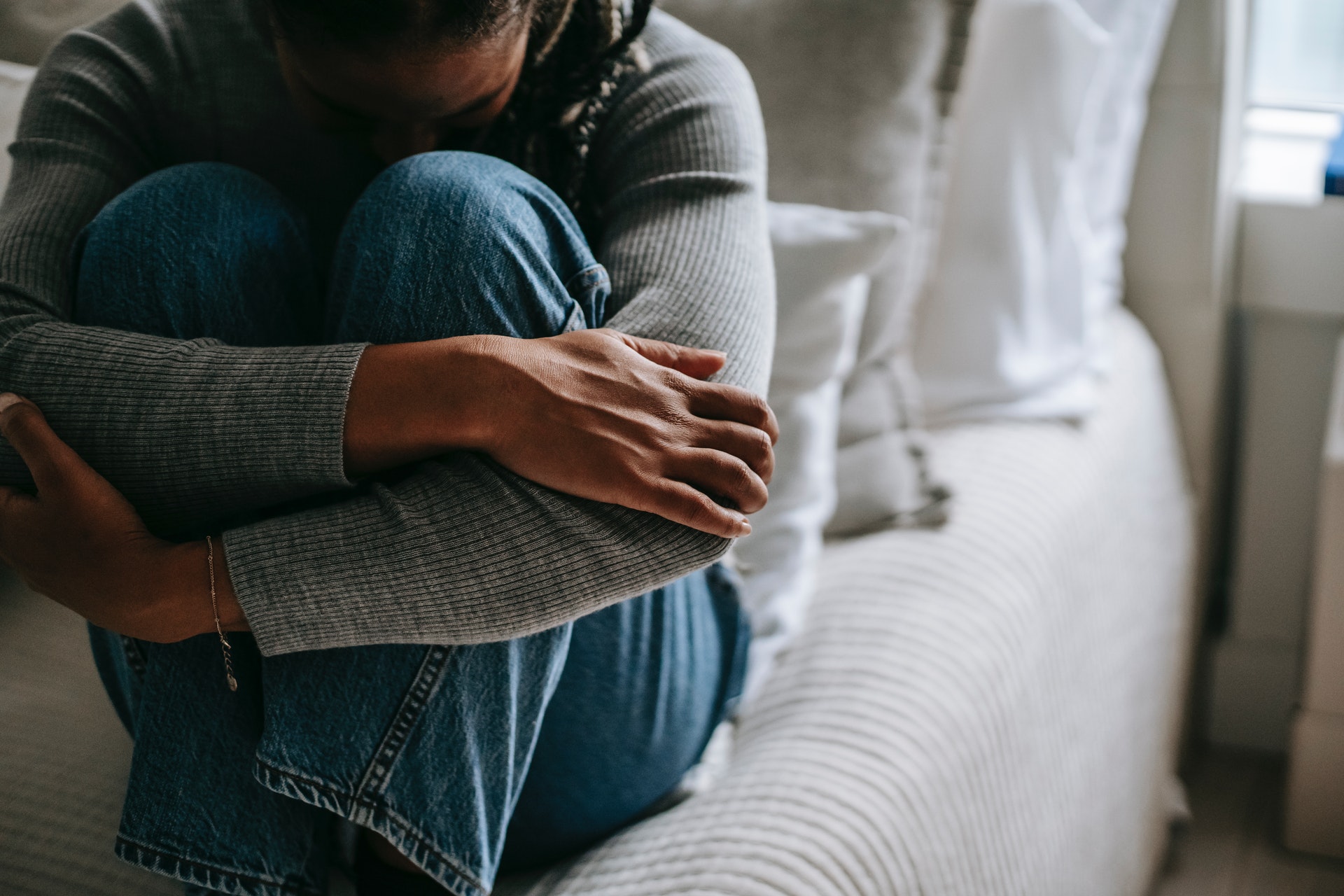Young people should be taught the importance of sleep, exercise and socializing to tackle the global mental health crisis heightened by the pandemic.
Steps also need to be taken to counterbalance the effects of policies that have led to periods of social isolation during the COVID-19 pandemic, particularly where young people are concerned.
These are some of the findings from Sapien Labs’ inaugural Mental State of the World Report 2020, which has looked at mental wellbeing trends across eight English speaking countries. While echoing many of the calls for people to take good care of themselves, the report also points to the role of social and economic policy.
The report is part of Sapien Labs’ Mental Health Million project, which aims to capture a view of mental health wellbeing around the world. Its findings are based on an online assessment called the Mental Health Quotient (MHQ), which has been completed by around 49,000 people over the course of nine months. Although its focus has been on eight English-speaking countries, Sapien Labs says it has captured responses from people in 130 countries.
A far-reaching global challenge
People from Singapore were found to have the highest mental wellbeing score, the report says, with an average MHQ of 94. The US was second with an MHQ of 72. By comparison, the lowest-scoring countries were the UK (MHQ 54) and South Africa (MHQ 56).
Taken as an average, more than a quarter (26%) of all respondents were found to have, or be at risk of, clinical-level mental health problems. Echoing the ranking of countries, those in Singapore were least at risk. Those most at risk were in the UK (31.5%), and also in New Zealand (30%).
Adults living in Canada and Australia were the most likely to seek out professional help, the least likely are those in India.
But it is the young who are bearing the heaviest burden, according to the report.
Generational divide
The average MHQ score for adults aged 65 and over is 115. As age decreases, so do the MHQ scores. The 18-24 cohort have an average score of only 29 by comparison. More worrying, while 6% of the 65 and over group fall into the clinical/at risk category, for the 18-24 year-olds the equivalent is 44%.
At the other end of the spectrum, 70% of those aged 65+ were judged to be in the Succeeding or Thriving categories, while only 17% of the 18-24 group were. “The magnitude of difference along such an aggregate measure must sound a loud alarm,” the report states.
The generational divide in mental wellbeing was found in all eight of the countries surveyed. The size of the gap was considered, “large everywhere, it was greatest for respondents living in Singapore, and smallest for those living in Canada,” according to the report.
Another cohort that recorded lower mental wellbeing scores were nonbinary/third gender respondents. “On average, MHQ scores were 50 MHQ points lower for nonbinary/third gender respondents (average MHQ of 22) compared to male respondents (average MHQ of 71),” the report says. Suicidal thoughts – including intentions – plus a sense of being detached from reality, were cited as commonly felt among this group of respondents.
The long shadow of COVID-19
The pandemic has been one of the major drivers in the overall decline of mental wellbeing and in the exacerbation of the age-related differences, the report continues: “This finding tracks with other reports that the consequences of the pandemic are having a disproportionate impact on the young,” despite the fact that this group is at the least risk from COVID-19 itself.
Of the respondents, 3.9% reported having had COVID-19, with 0.7% having been severely ill. However, 57% said they had experienced negative health, financial and/or social consequences of the pandemic. Those worse affected were people who were unable to get medical help for existing health conditions due to the pandemic and those who lost a close family member to the virus.
Struggling to afford basic necessities during the pandemic was cited as a problem by 1.4% of respondents to the survey. Their MHQ scores were 55 points lower than those who experienced no such financial setbacks.
Among its recommendations for addressing the current crisis – and any potential future repetitions – the report urges a combination of personal responsibility along with strategic interventions from policy-makers and government.
Sleep, social interaction and exercise substantially impact all facets of mental function.
Respondents who said they usually got enough sleep, social interaction and physical exercise had higher MHQ scores than those who did not. The importance of these activities needs to be included in the range of topics discussed in schools and colleges, according to the report, as a way of delivering education on important wellbeing skills.
The original version of this article was originally published on World Economic Forum by Sean Fleming.
At LCC we have a dedicated and highly skilled team ready to help you. If you are struggling with your mental health, we offer a host of counselling services that can be catered to your needs.





